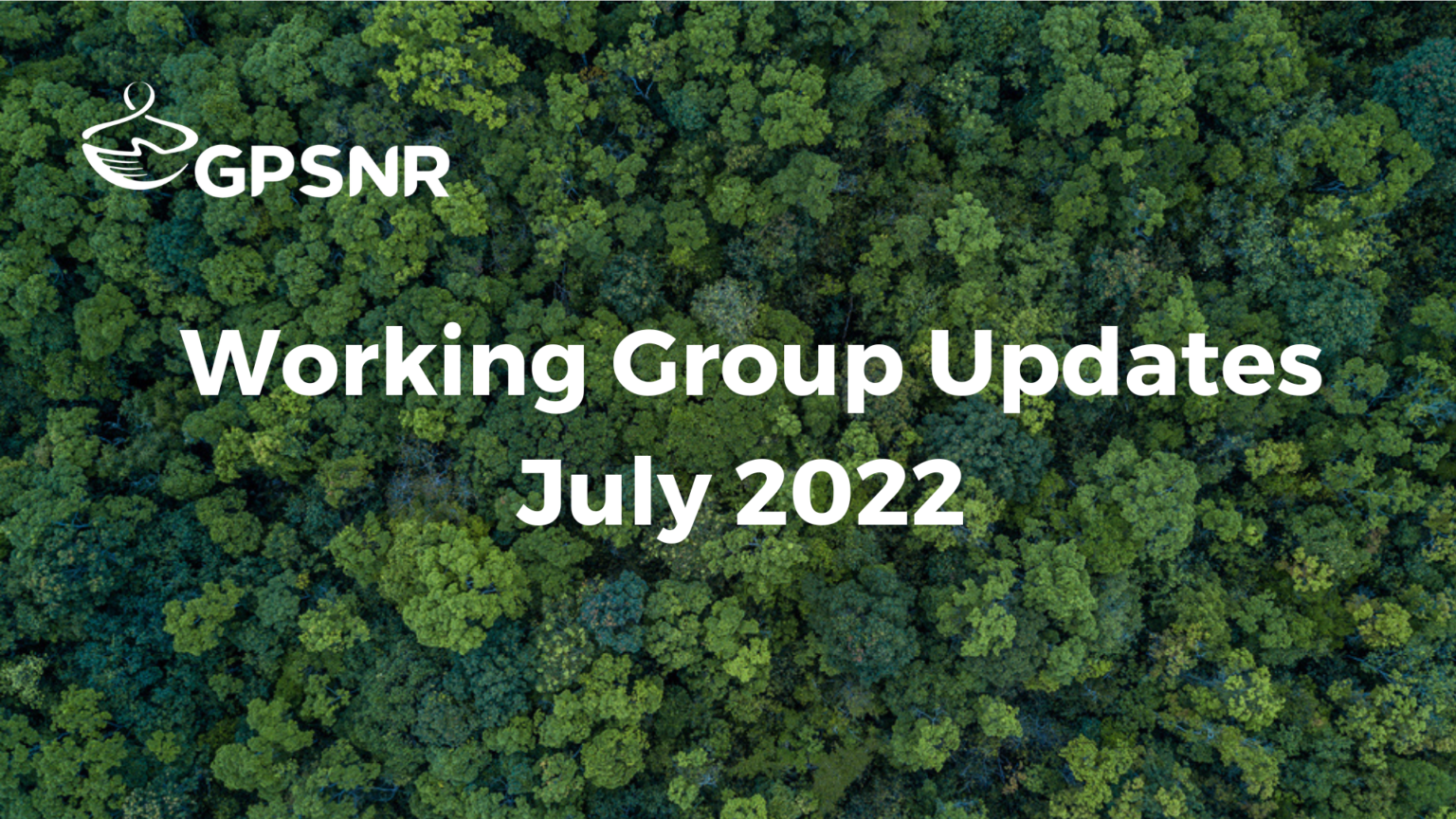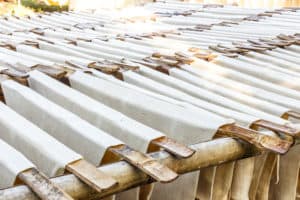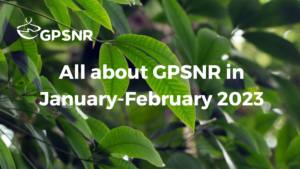Start here for a full update on the working groups since the July 2022 General Assembly!
Strategy and Objectives Working Group
The Executive Committee (EC) approved the creation of the Assurance Model Task Force, which will look into finalizing GPSNR’s Assurance Model design by the end of this year. Members interested to join the Task Force should look out for a call-for-participation that should be sent out soon. The Risk subgroup also received feedback from the EC on its plans and will discuss the feedback while continuing to refine GPSNR’s risk-based approach.
Smallholder Representation Working Group
In July 2022, the Smallholders WG began discussions on the following developments: Smallholders Policy-equivalent Framework with HCVN; ‘Intro to Agroforestry’ pilot workshops with CIRAD and Dr Maria Wang; and HCSA Toolkit field trials with HCSA. Preparations are also being made for an onboarding workshop for smallholders in Malaysia to be held in the first week of August!
Policy Toolbox Working Group
On updates for the Policy Toolbox Working Group, the Implementation Guidance was approved by the General Assembly and the latest version of the guidance is available here. The guidance will continue to be updated regularly, starting with updates for section 7.1 and 7.2 for all categories. The Reporting Requirements process has also started and the Secretariat is processing the responses from the PPT category.
Capacity Building Working Group
The Capacity Building WG is currently reviewing proposals for the Comprehensive Disease Fighting Approach in Indonesia, and will formalize a decision in August 2022. Projects in Indonesia, Thailand and Cote d’Ivoire are also being advanced, with concrete developments expected to be shared in August.
Shared Responsibility Working Group
The working group is putting forward the plans to implement the shared responsibility framework, which was recently approved by the General Assembly.






